F
Vunkwan Tam
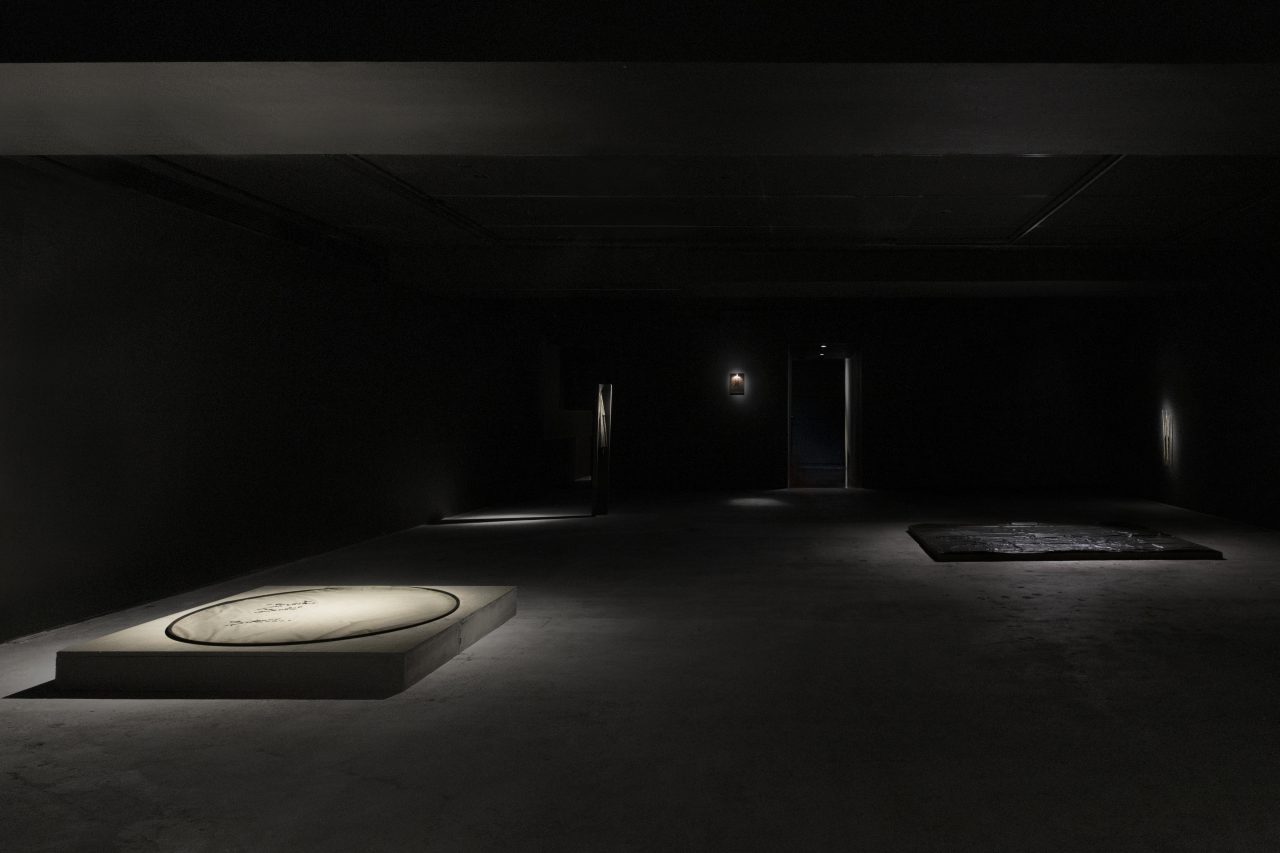
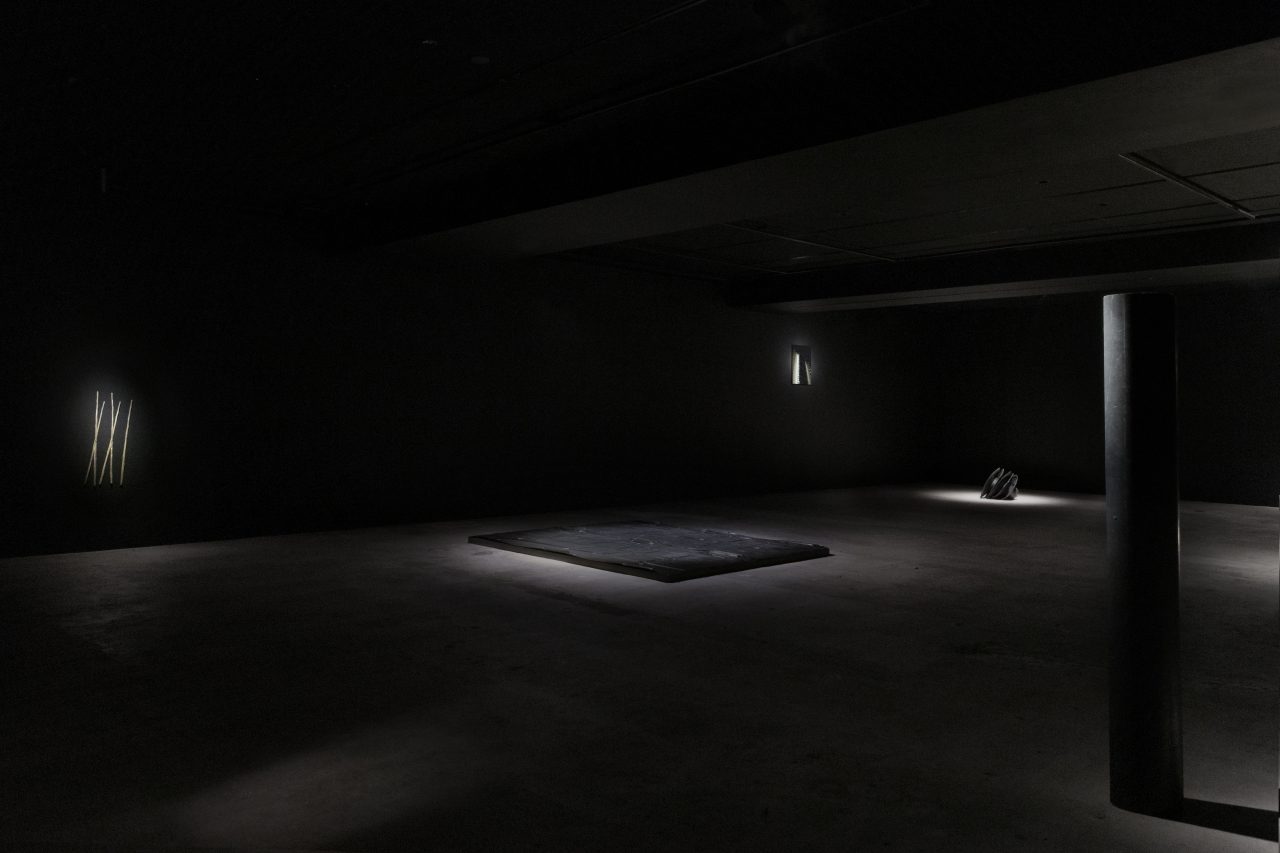
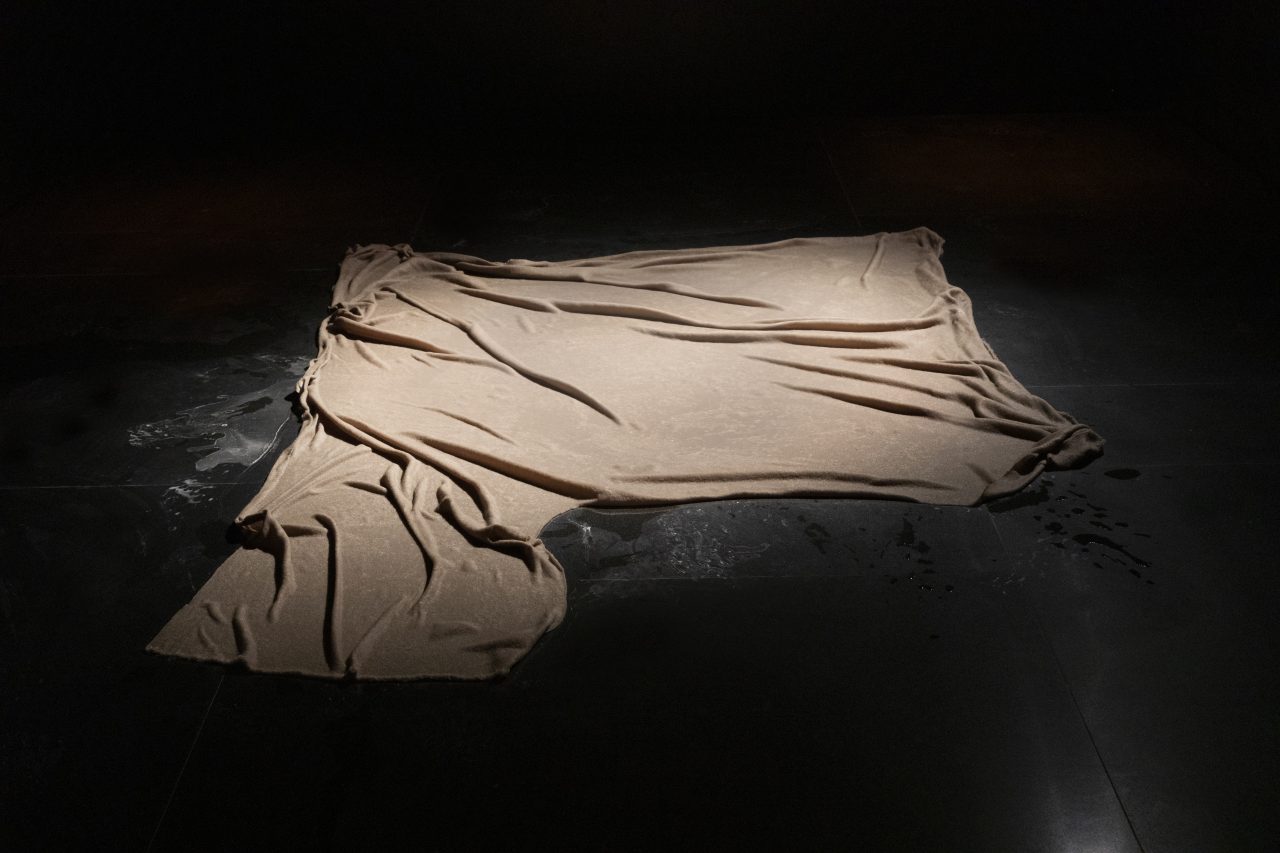
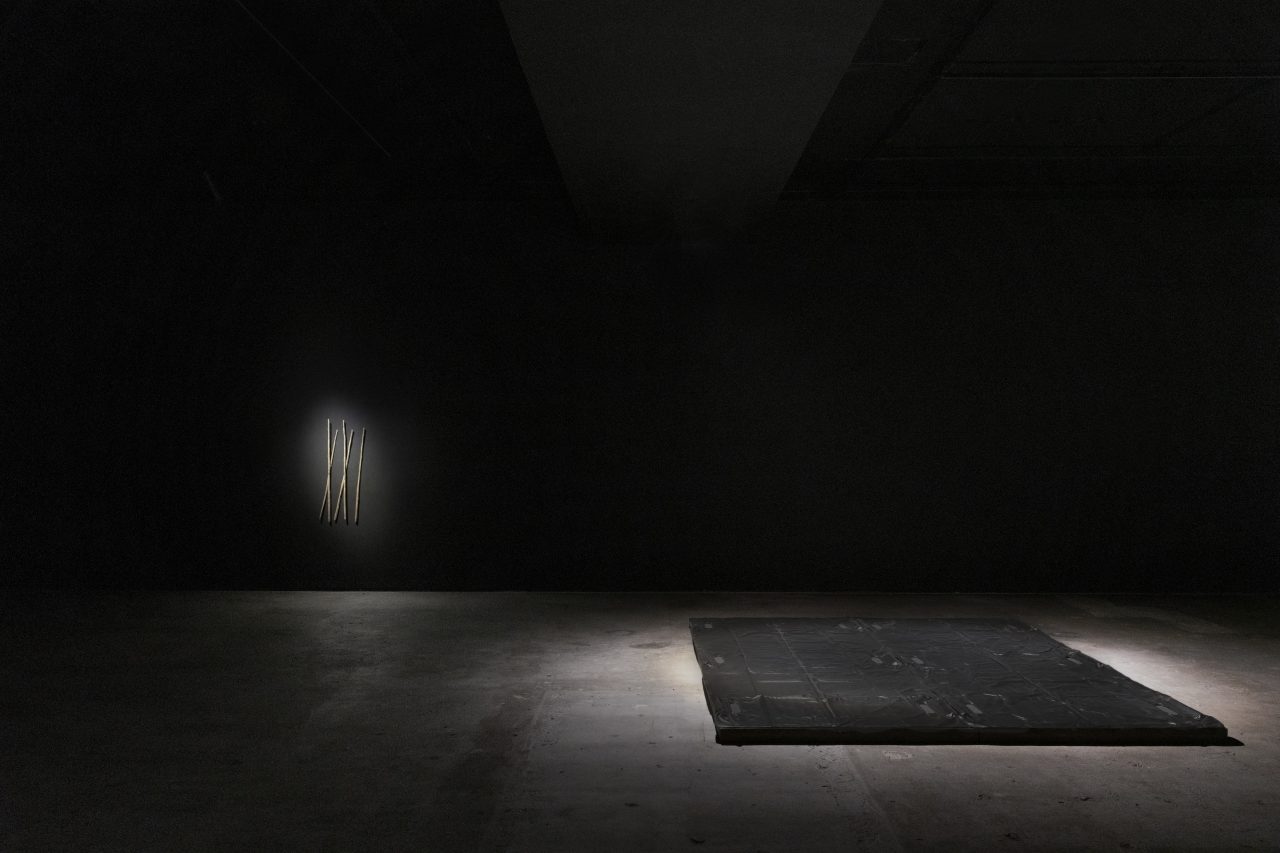
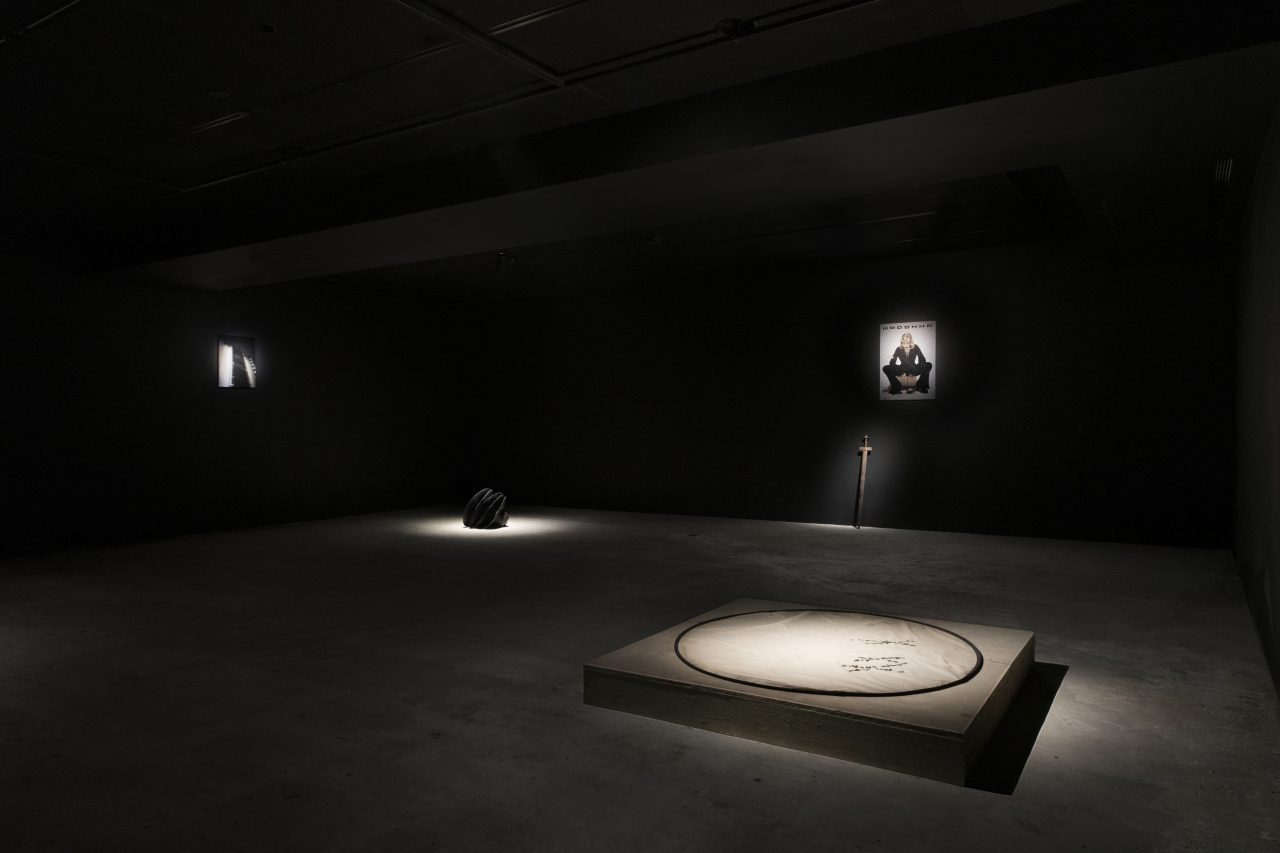
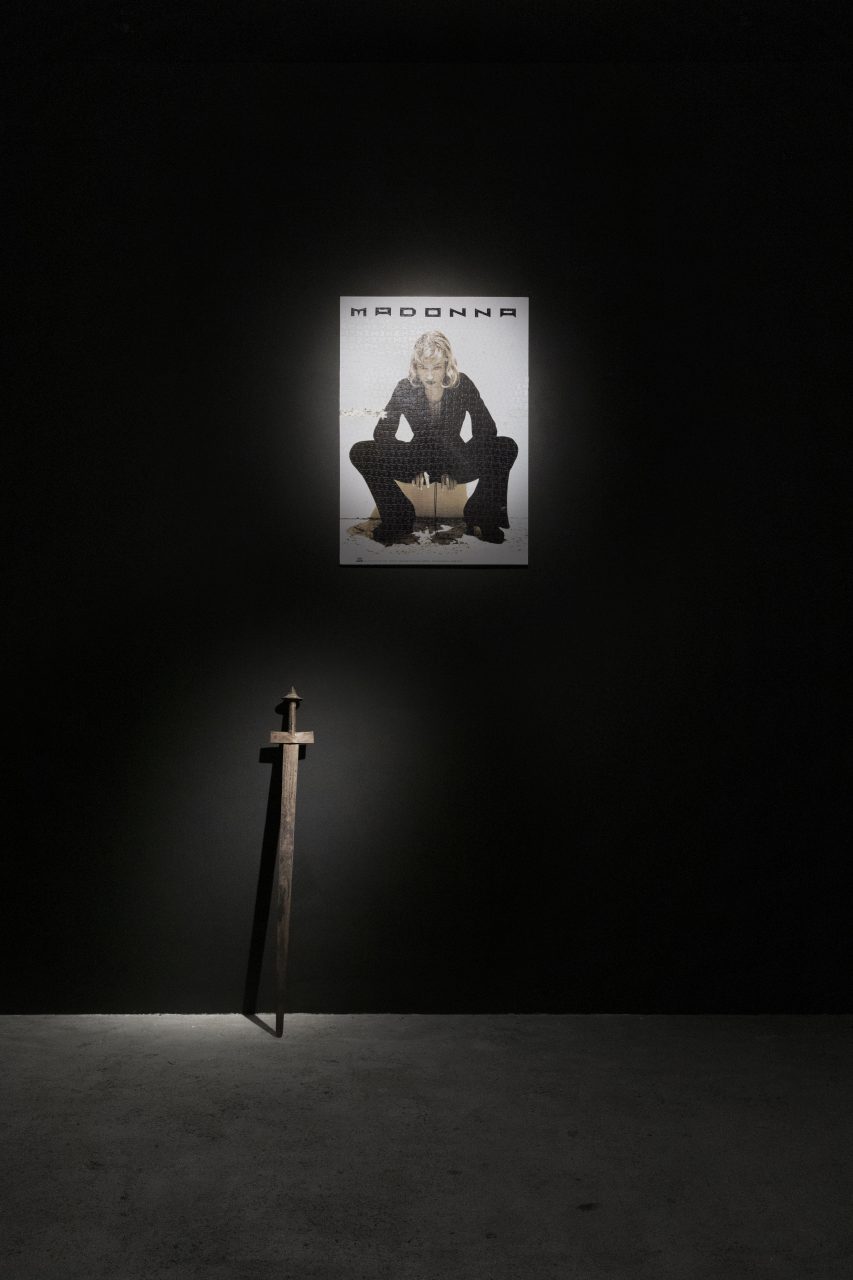
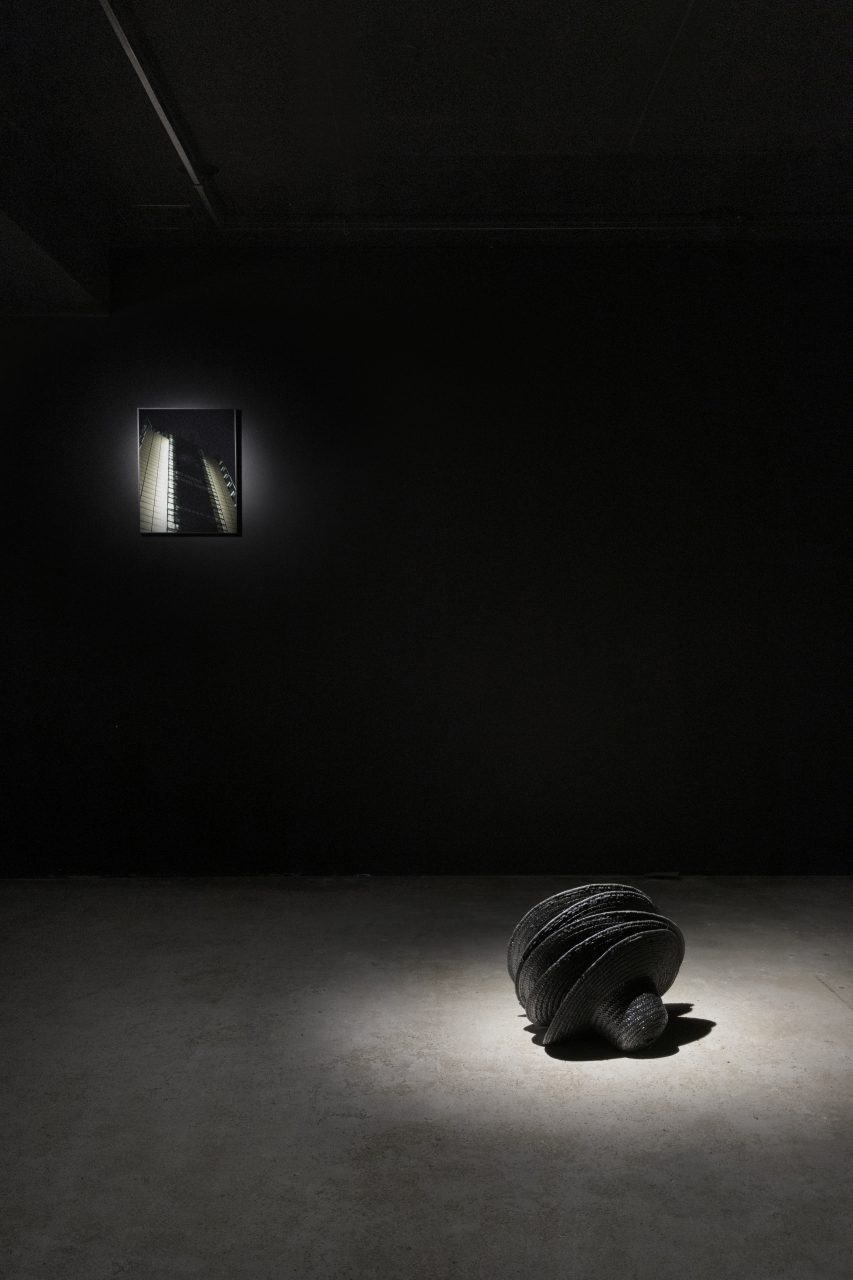
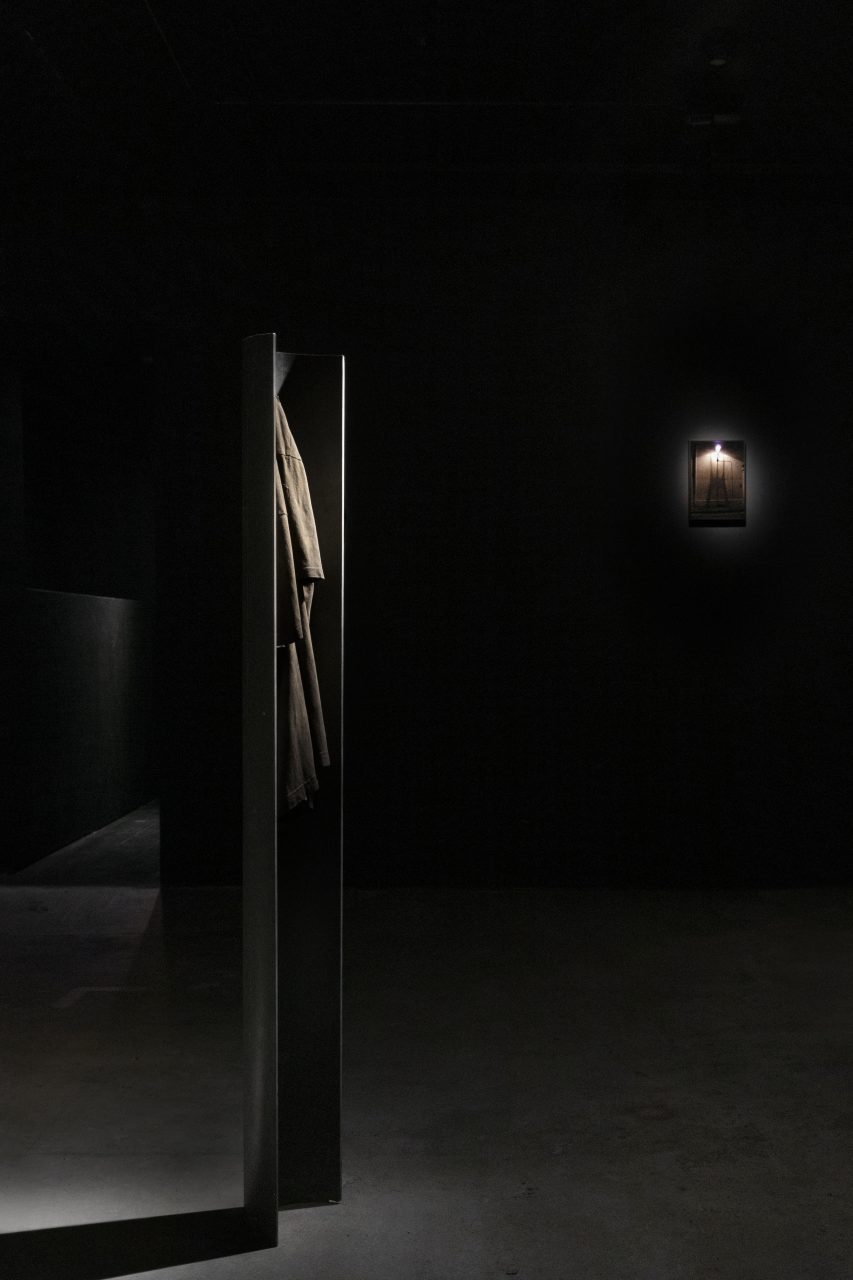
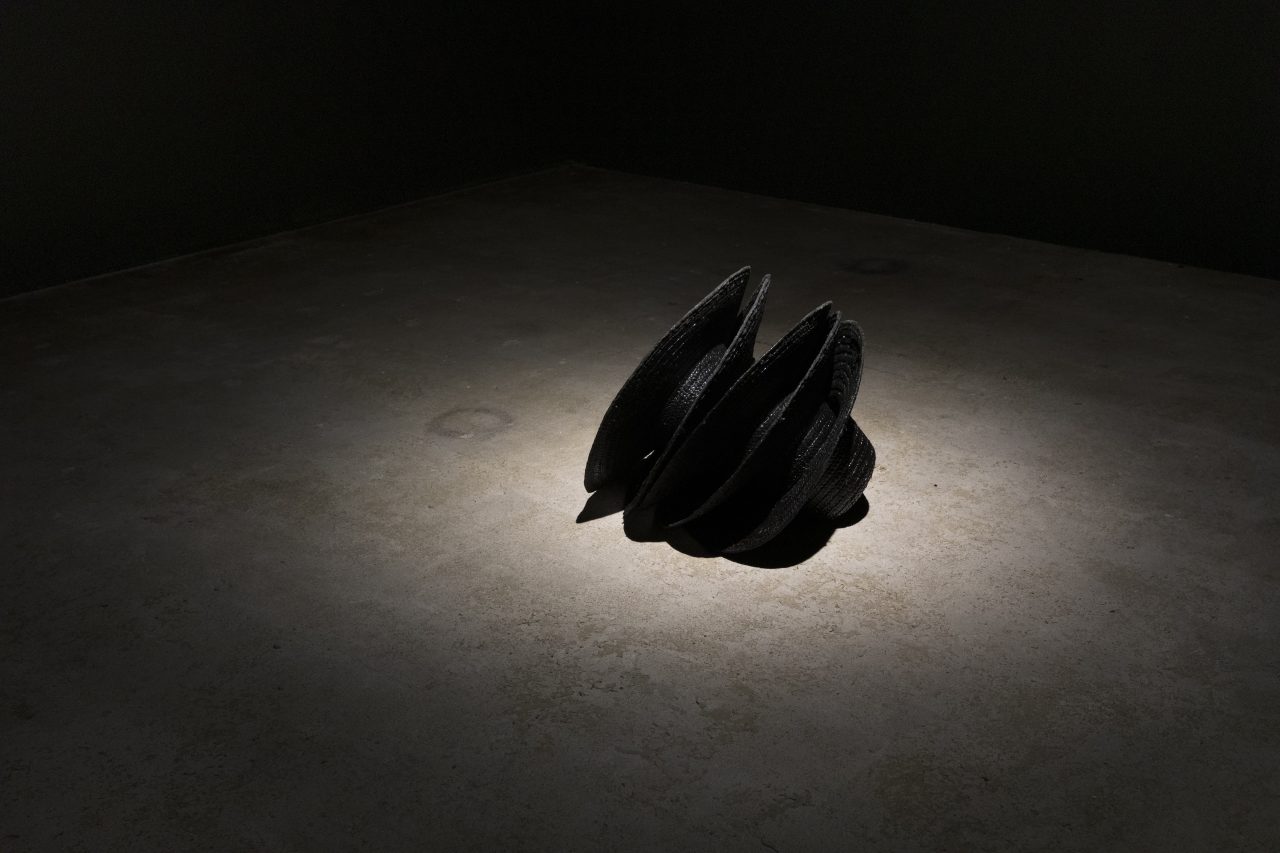
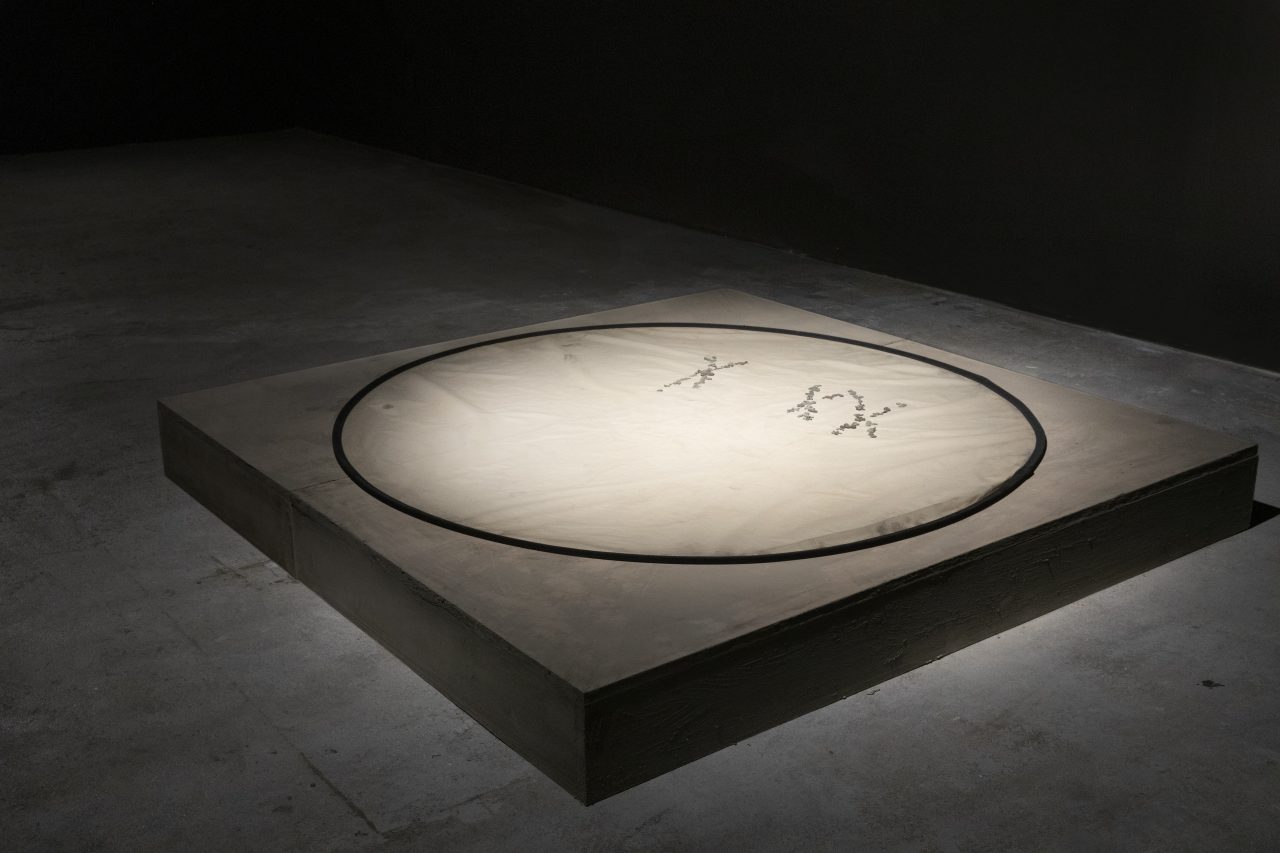
Empty Gallery is pleased to present F, Hong Kong-based artist Vunkwan Tam’s first solo exhibition with the gallery. Tam’s practice operates akin to a sort of found poetry or cento, assembling groupings of readymade objects and linguistic fragments— often encountered online— into reduced spatial narratives. Site-sensitive and semi-improvised, these fugitive arrangements repurpose the deracinated stuff of semiocapitalism in order to perform an archaeology of communal affect— a type of emotional excavation of the present.
Appropriating its title from a popular form of chatroom response in which the titular letter is used as shorthand to express condolences for an accident, failure, or tragedy, F engages with the city’s contemporary moment as a form of cipher— traversing a spectrum of lived ambivalence and illuminating the potential artistic use-value of such minor affects as exhaustion, resignation and disillusionment.
Upon entering F, the viewer first encounters the cryptically-named 78i78. Appearing like a discarded material remnant from a Morris or Le Va scatter piece, the work consists of a single, sodden scrap of fabric draped across the darkened gallery floor. Renewed each day with a mixture of synthetic doe urine— a substance used by hunters to attract horny male deer— and water, 78i78 performs a kind of simultaneous exhaustion and emotional saturation, a perpetually drenched sadboi minimalism. The presence of the synthetic urine as a potential attractant— depending upon one’s species— operates as a reference both to the insider signifiers of contemporary art discourse as well as the strategic function of performative mourning as a mode of social relation.
Continuing into the main gallery, lest you-will-strike against-the-stone your-foot consists of an appropriated jigsaw puzzle of Bedtime Stories-era Madonna. Knees akimbo, she stares assertively into the emptiness of the gallery— an impossible (Western) image of aspirational beauty, liberty, and self-determination— her glossy surface fragmented by missing pieces, creased and soiled by enthusiastic handling. Meanwhile, in nearby XXX these thematics seem to be turned inside out. Consisting of a portable photographic reflector adorned with crucifix fragments which sketch the titular characters in a kind of dissipated scrawl, XXX seems to invoke the precarity and subjective convolutions of post-fordist labor— particularly the self-exploitative freelancing economy connected with the fashion and lifestyle industries— in its simultaneous evocation of both neoliberal exhaustion and quasi-religious fervor, it’s circular form suggesting an endless cycle of ouroboric consumption.
The marginally adjusted readymades in F appear as mute relics of exhausted labor, used and emptied, they have been depleted of both productive energy— whether cognitive or bodily— and semiotic content yet they continue to circulate in a kind of twilight purgatory. L.O. (“liquid ownership”), arranges two items stolen from a mechanic’s shop— an engine-oil saturated t-shirt and a cut PVC pipe— into an ambivalent totem suggesting a semi-circle or the shape of the letter “u”. Whilst Untitled (IIIII, A Quiet Life) stages a pile of blackened straw hats as if they had fallen on the ground, conjuring associations of anonymity and resignation. Against the backdrop of a modern city which looks like Hong Kong but is in fact elsewhere (or perhaps anywhere), the crowd-sourced imagery of Untitled (You Control Climate Change) and Untitled (A Shadow Falls Upon My Leg) reinforce these themes, articulating the twin emotive poles of tenuous idealism and cynical malaise.
F signifies a response to trauma, but one which ambiguously shifts registers between the distanced and the intimate, the ironic and the sincere, the local and the global— daring to inhabit the uncomfortable spaces between absolutes. Tam’s casual admixture of appropriated objects, images, and textual fragments— some found within the local cityscape, others sourced through international e-commerce platforms or encountered on online message boards, seem to diagram a haunted tautology of post-critical desiring affect. Inhabiting a shared space of disquieting familiarity, they reflect a moment of global circulation in which the destabilizing speed of networked media consumption coexists with manifold slower, more recalcitrant flows of people, goods, and infrastructures—evincing a sedimentary layering of the specific and the universal. In so doing, they may perhaps unknowingly capture a snapshot of an ephemeral moment which, however bleak, will itself disappear in the wake of impending history.